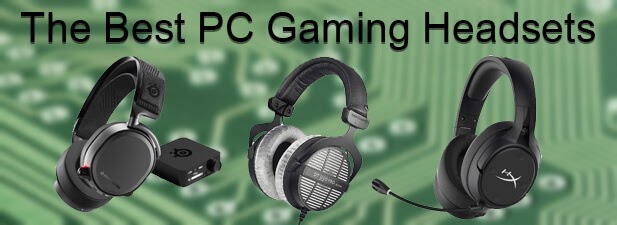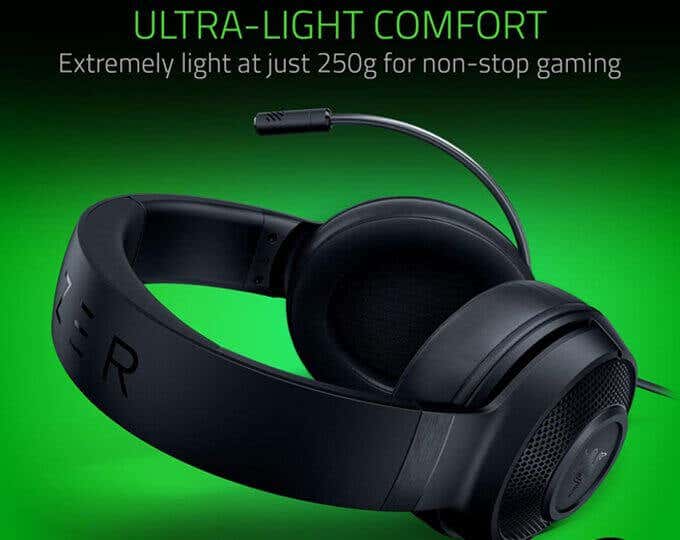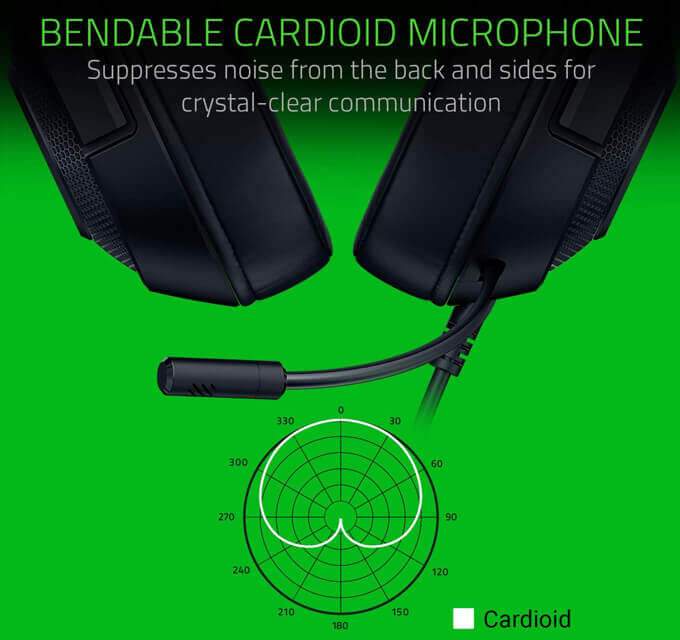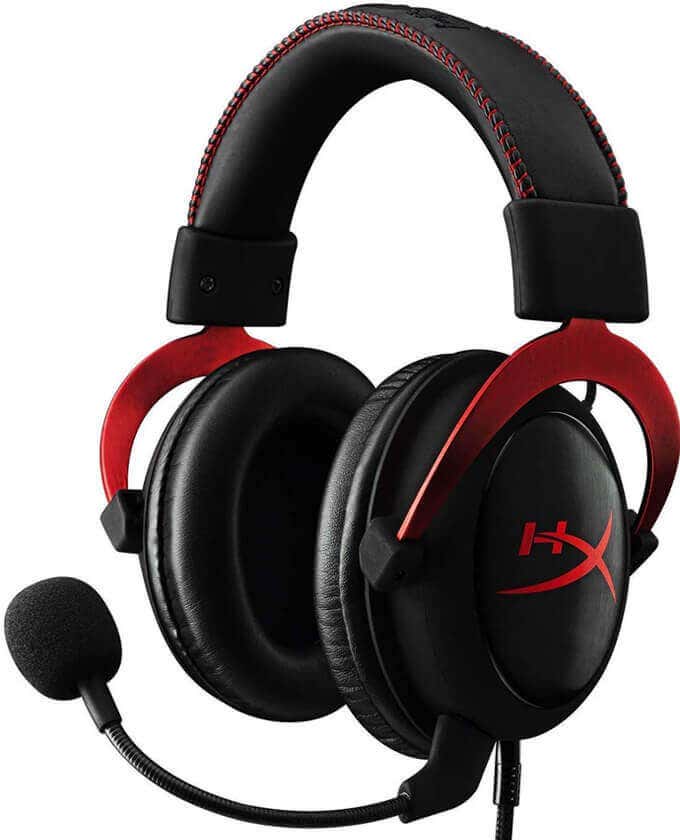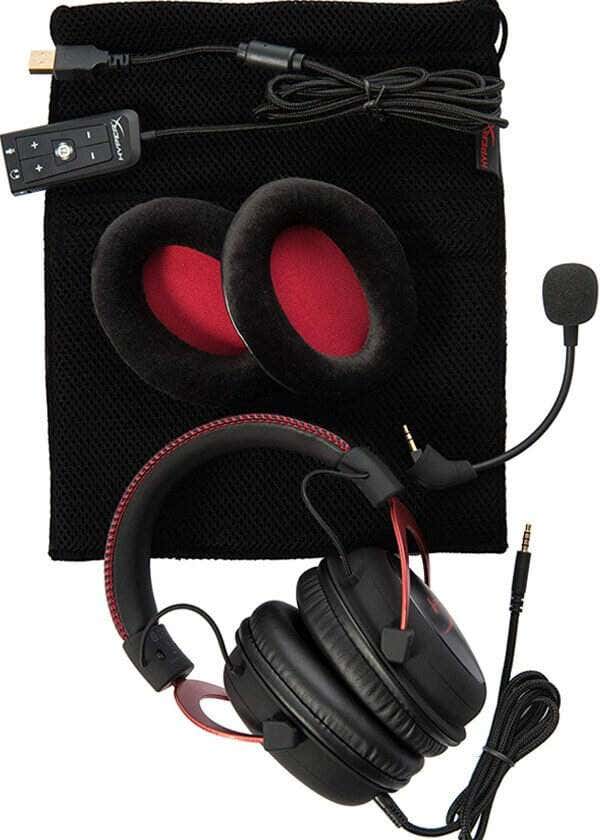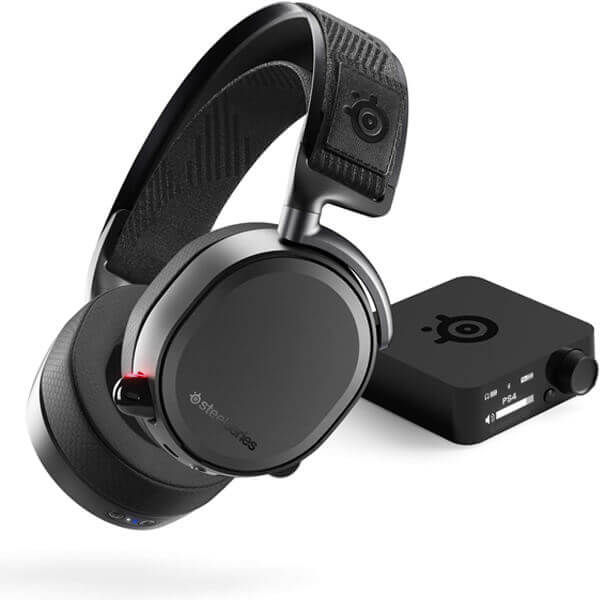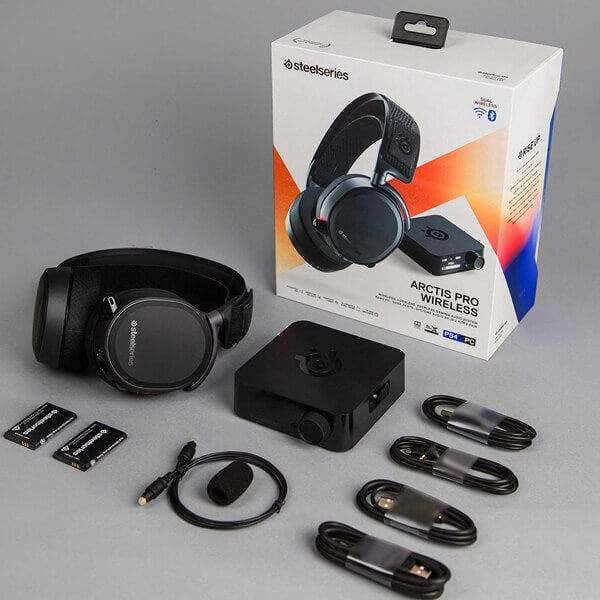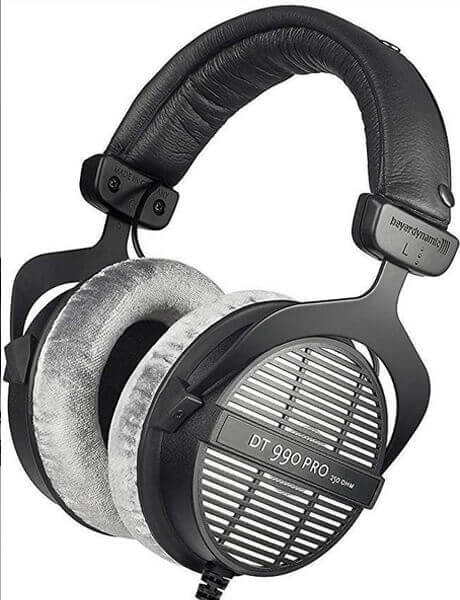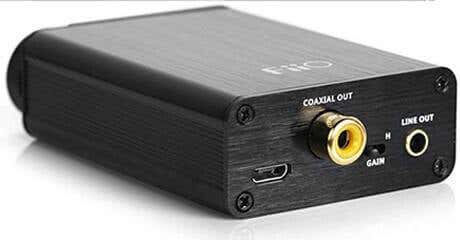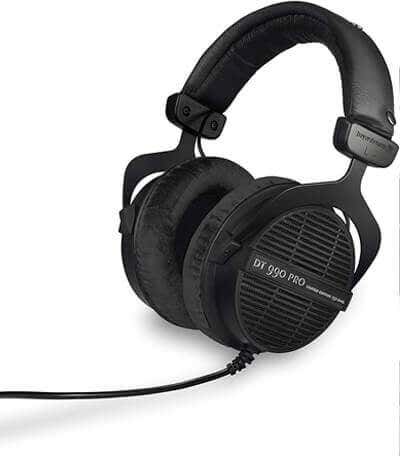We’re about to go in-depth by sharing details on the best gaming headsets. All of these options are great choices, but you’ll notice each option may win in a specific category.
Razer Kraken X – Affordable Comfort ($30-$40)
The hardest challenge for gaming peripheral manufacturers has to be building a good budget gaming headset range. Usually, manufacturers have to pick out cheaper components for the headset speakers, microphone, and overall build quality to hit a lower price tag. For this reason, we will be cutting out the very cheap choices ($15-$25) because we believe the overall experience isn’t worth the investment. Instead, you should try to invest an extra $10 to $15 to reach the $30-$40 range. At this price, you can get the affordable, yet reliable Razer Kraken X. The Razer Kraken X was designed to be lightweight and comfortable. In fact, it’s so comfortable that we would rank the Razer Kraken X amongst one of the most comfortable gaming headsets in the world. It’s Razer’s lightest headset, weighing in at 250 grams. In comparison, one of the world’s most popular headsets, the HyperX Cloud II, weighs 320 grams. The ear cups are very soft and padded and even fit snugly around glasses, which is something you may struggle to find. There are of course some compromises at this price point. The audio quality is actually quite good for gaming, but the music experience is very poor. The Razer Kraken X has a focus on treble, and very little bass, which is great for sounds like footsteps and small actions in-game you may otherwise miss, but that sound design is uncomfortable for most songs. Bass-heavy songs feel lifeless, and vocal heavy songs irritate the ears. In summary, perfectly usable for gaming, but not so much for music. Razer’s design choice here is clear – they want a headset that can play gaming sound well without your ears getting tired. Sure, you miss out on that oomph during bassy moments in gaming, but it’s designed for the marathon gamer and perhaps not those looking for more immersive, shorter gaming sessions. The microphone quality is okay, but not perfect. It picks up a lot of background noise despite advertising saying otherwise. Thankfully, there’s little static and your voice does get picked up clearly. You cannot remove the microphone, so it’s definitely going to be a push-to-talk affair with the Razer Kraken X.
HyperX Cloud II – The Most Popular PC Gaming Headset ($75-$100)
So what makes the HyperX Cloud II so widely loved? Perhaps the first thing to mention is the comfort and design. The standard memory foam ear pads cup around your ears with a warm embrace, but you can also switch out to the included plush ear pads. The microphone can be adjusted to your convenience – it has a large, bendable cable inside and you can detach it completely if necessary. Of course, comfort isn’t everything, and that’s why it’s often picked up instead of the equally comfier, but lighter Razer Kraken X. A sound design you’ll find familiar across many gaming headsets can be heard in the HyperX Cloud II’s. You get an emphasis on trebles, reasonable mids, and a lack of bass. Perfect for competitive gaming where noticing every sound counts, but a little less impressive for impactful explosions, violence, or vrooms. There’s also a detachable sound card that plugs into the Cloud HyperX II’s 3.5mm jack on one side and a USB slot on the other side. It features 7.1 digital surround sound and separate volume controls for both the microphone and speakers. The treble isn’t overbearing like some cheaper choices, so listening to vocals in music is pleasant, but not perfect. That lack of bass certainly seals the deal as the HyperX Cloud II being a gaming-focused headset though. The microphone quality on the HyperX Cloud II is great, it’s able to minimize background noise and focus solely on your voice. If your squadmates complain, you have the freedom to adjust both the volume and the distance of the microphone to your mouth easily.
Steelseries Arctis Pro Wireless – The Current Best Wireless PC Gaming Headset ($300-$330)
If you want the best experience possible in a wireless gaming headset, we would recommend the Steelseries Arctis Pro Wireless. Wireless’ biggest concern is battery life, especially for headsets. It turns out big drivers take a lot of juice. Thankfully the Steelseries Arctis Pro Wireless has two batteries. You can charge one battery in the base station whilst you are gaming so that you can swap out when the other battery is getting low. Yes, you’re forced to use the base station to charge, but you’ll understand later why you wouldn’t want to go anywhere without it. The average battery life for a full charge is 10 hours. If you somehow run out of power on both batteries, you can use a standard 3.5mm jack and that requires no power, at a cost to your audio experience. The 2.4GHz wireless connection between the headset and the base station is strong and you shouldn’t hit any drops in connection within reasonable ranges. If you want that extra security you can even connect the Arctis Pro Wireless via Bluetooth. This also opens it up to usage on your typical Bluetooth-enabled devices such as smartphones. Once again, this is a gaming headset, so there’s a higher focus on treble, reasonable mids, and less emphasis on bass. That’s great for gaming, and if you switch on the digital 7.1 surround sound, you’re going to have no problem picking up directional sounds. The available EQ settings, which can be adjusted with the base station, can somewhat remedy any cravings for bass. It’s better than a software EQ, but it still doesn’t always hit the mark. The Arctis Pro Wireless is reasonably sized at 357 grams and it uses a unique design, relying on a stretched strap to fit snugly on your head. The rest of the weight is held by a curved steel aluminum alloy frame that floats above the strap. Overall, it’s comfortable, but takes a little getting used to. Like most headsets, the Arctis Pro Wireless microphone can extend out or hide in the frame of the left driver. The audio quality is excellent, capturing voice clearly but cutting out most background noise effectively and an included foam filter helps to reduce harsh pops in your voice.
Beyerdynamic DT 990 Pro – The Best Audio Quality PC Gaming Headset ($128)
The Beyerdynamic DT 990 Pro is absolutely the best choice for getting high quality audio during gaming and music at a great price. The trouble is, it’s actually a pair of studio headphones, which means going this route requires you to buy a standalone microphone and it’s also recommended to purchase a DAC/Amp for your PC to give the DT 990 Pro more power. The $75 Fiio E10K for is an affordable choice that has just enough power for the Beyerdynamic DT 990 Pro. When choosing a mic, make sure to read about the best microphones here. However, it’s well worth the investment both in time and money to get the DT 990 Pro and required accessories. To put it into perspective, some of the biggest names in gaming purposely chose to go for the DT 990. These gamers have the option to buy any headset with price being no concern, and they’ve shooed away potential lucrative peripheral sponsors to instead use the Beyerdynamic DT 990 Pro. You’ll see Ninja using the DT 990 and YouTube star Lazarbeam using the upgraded DT 1990 Pro. The DT 990 Pro has an open back design, which means that the sound stage feels much larger. Not only does this add to immersion, but it helps you to pinpoint directional sound far easier without the need for any digital surround sound software. The sound design on the DT 990 Pro is surprisingly perfect for gaming, despite being a studio headset. You’ll strangely find that signature emphasis on treble, often only seen in gaming headsets. Thankfully, the bass and mids are elevated far higher than a standard gaming headset, making them a great choice for listening to music. With all of this investment, you’re looking at $200-$300 and a lot of messing around during setup. The comfort is great but the ear pads wear down after extended use and lose some of that cushioning. Not quite Cloud 2 or Kraken X level comfort, but decent enough.
Summary
That wraps up our look at the best PC gaming headsets in 2020. We’ve focused on four main categories and hope that these choices hit the mark for you. If you have any suggestions yourself, why not leave them in the comments section?
